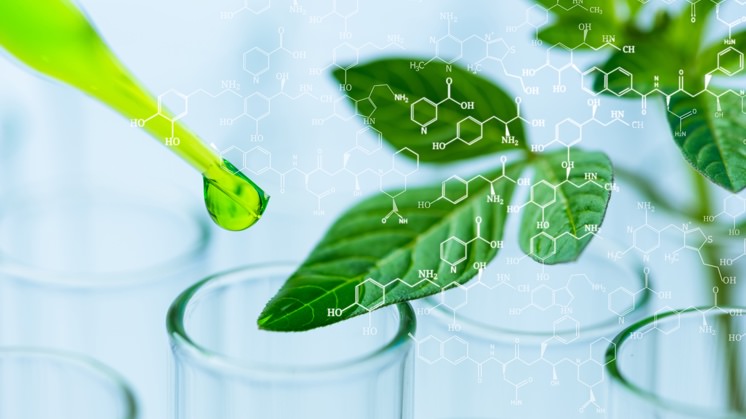Biotechnology, a multidisciplinary field that combines biology, chemistry, and technology, has emerged as a powerful force in shaping the future of various industries and transforming our daily lives. With its ability to harness and manipulate living organisms, biotechnology has paved the way for groundbreaking advancements in medicine, agriculture, environmental conservation, and industrial manufacturing. This article delves into the diverse applications of biotechnology, highlighting its significant contributions to society, while also examining its potential challenges and ethical considerations.
Biotechnology in Medicine
Biotechnology has revolutionized the field of medicine, enabling scientists to develop innovative treatments and therapies for various diseases. The advent of recombinant DNA technology has facilitated the production of therapeutic proteins, such as insulin and human growth hormone, which have greatly improved the lives of individuals with diabetes and growth disorders.
Moreover, biotechnological tools have facilitated the development of targeted therapies, gene therapies, and personalized medicine, offering new hope for patients suffering from cancer, genetic disorders, and rare diseases. The emergence of genetic engineering and CRISPR-Cas9 technology has also opened up avenues for precise genome editing, with potential applications in curing genetic diseases and enhancing human health.
Biotechnology in Agriculture
Biotechnology has played a crucial role in revolutionizing agriculture by enhancing crop productivity, increasing resistance to pests and diseases, and improving food quality. Genetically modified (GM) crops, developed through biotechnology, possess traits that allow them to withstand harsh environmental conditions, reduce the need for chemical pesticides, and enhance nutritional value.
These advancements have the potential to address global food security challenges, improve crop yields, and promote sustainable agricultural practices. Biotechnology also aids in the development of molecular diagnostic tools for identifying plant diseases quickly and accurately, enabling timely interventions to prevent crop losses.
Biotechnology and Environmental Conservation
Biotechnology offers innovative solutions for environmental conservation and sustainable resource management. It has facilitated the development of bioremediation techniques, where microorganisms are used to degrade or remove pollutants from soil, water, and air. This approach has shown promising results in cleaning up contaminated sites and mitigating the impact of industrial pollution.
Additionally, biotechnology plays a pivotal role in the production of biofuels, such as ethanol and biodiesel, which serve as cleaner alternatives to fossil fuels and contribute to reducing greenhouse gas emissions. Biotechnological advancements have also led to the development of sustainable materials, including bioplastics and bio-based chemicals, reducing reliance on non-renewable resources and minimizing environmental degradation.
Biotechnology in Industrial Manufacturing
Biotechnology has transformed industrial manufacturing processes by enabling the production of valuable chemicals, enzymes, and bio-based materials through microbial fermentation and biocatalysis. This approach offers numerous advantages, including higher efficiency, lower energy consumption, and reduced environmental impact compared to traditional chemical synthesis methods.
Biotechnology also plays a critical role in the production of pharmaceuticals, enzymes, and biofuels on a large scale, contributing to the growth of the bioeconomy. Furthermore, advancements in synthetic biology and metabolic engineering have opened up possibilities for the development of novel bio-based products with applications in various sectors, including textiles, cosmetics, and plastics.
Conclusion
Biotechnology has emerged as a powerful tool with immense potential to revolutionize industries and improve the quality of life for individuals around the world. Its applications in medicine, agriculture, environmental conservation, and industrial manufacturing have already yielded remarkable results, paving the way for a more sustainable and technologically advanced future.
However, the field of biotechnology also faces challenges and ethical considerations, such as ensuring the responsible and ethical use of genetic engineering technologies, addressing concerns about genetically modified organisms, and balancing the potential benefits with potential risks.
As biotechnology continues to advance, it is crucial to foster dialogue, regulatory frameworks, and public awareness to maximize its benefits while minimizing potential drawbacks. With careful consideration and responsible innovation, biotechnology has the potential to transform industries, enhance healthcare, and contribute to a more sustainable and prosperous future for humanity.









Comments